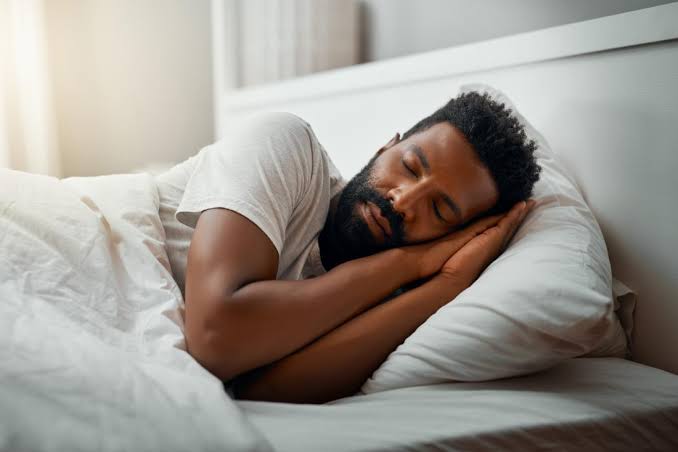From sleep trackers to bedtime rituals, a growing wellness culture is putting rest at the center of healthy living.
Delhi, July 24, 2025 — Eight hours of sleep used to be just good advice. Now, it’s a full-blown wellness goal. Across urban India, sleep has become more than a biological need it’s a lifestyle priority.
From tech professionals in Bengaluru to creatives in Mumbai, young Indians are reorganizing their nights with intention. Sleep tracking apps, blackout curtains, herbal teas, guided meditation, and melatonin patches are all part of a booming “sleep economy.” For a generation raised on hustle culture and blue light, this new fixation signals a quiet health revolution.
Experts believe the shift was inevitable. As mental health awareness rose post-pandemic, so did the understanding that quality sleep is linked to everything from immunity to emotional stability. No longer a passive act, sleep is being curated ritualized, optimized, and often, shared online.
On social media, “bedtime routine” reels show people dimming lights at 9 p.m., putting phones on do-not-disturb, and sipping ashwagandha-infused tea. Sleep challenges, like 30-day screen detoxes or “sleep before midnight” commitments, are trending on wellness platforms.
This shift is also fueling consumer innovation. Brands now offer everything from noise-cancelling sleep buds to weighted blankets and anti-snore devices. Smartwatches monitor REM cycles, while apps rate your sleep quality and suggest improvements. In metro cities, spas are launching “sleep therapy” packages that include aromatherapy and sensory deprivation tanks.
Interior design is responding too. Bedrooms are being decluttered, lights turned warm, and screens kept out. Mattresses with cooling technology and ergonomic pillows are becoming aspirational lifestyle items, no longer just home essentials.
The rise of sleep as a lifestyle also reflects a rejection of hustle culture. For years, late nights were worn like a badge of honor. Now, well-restedness is the new status symbol. Waking up refreshed without caffeine dependence is being seen as a flex in its own right.
Yet, there’s a paradox. In trying to perfect sleep, some people are stressing more. Sleep anxiety caused by the pressure to get ideal rest has become real enough for therapists to address. Experts recommend finding balance: consistency over obsession, calm over control.
Still, the cultural change is significant. Sleep is finally being taken seriously not as laziness, but as resilience. As more Indians dim their lights early and tune out of digital chaos, they’re not just chasing dreams. They’re reclaiming rest.
India’s New Obsession: Fixing Sleep Before Sunrise

